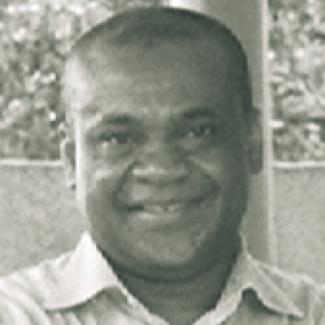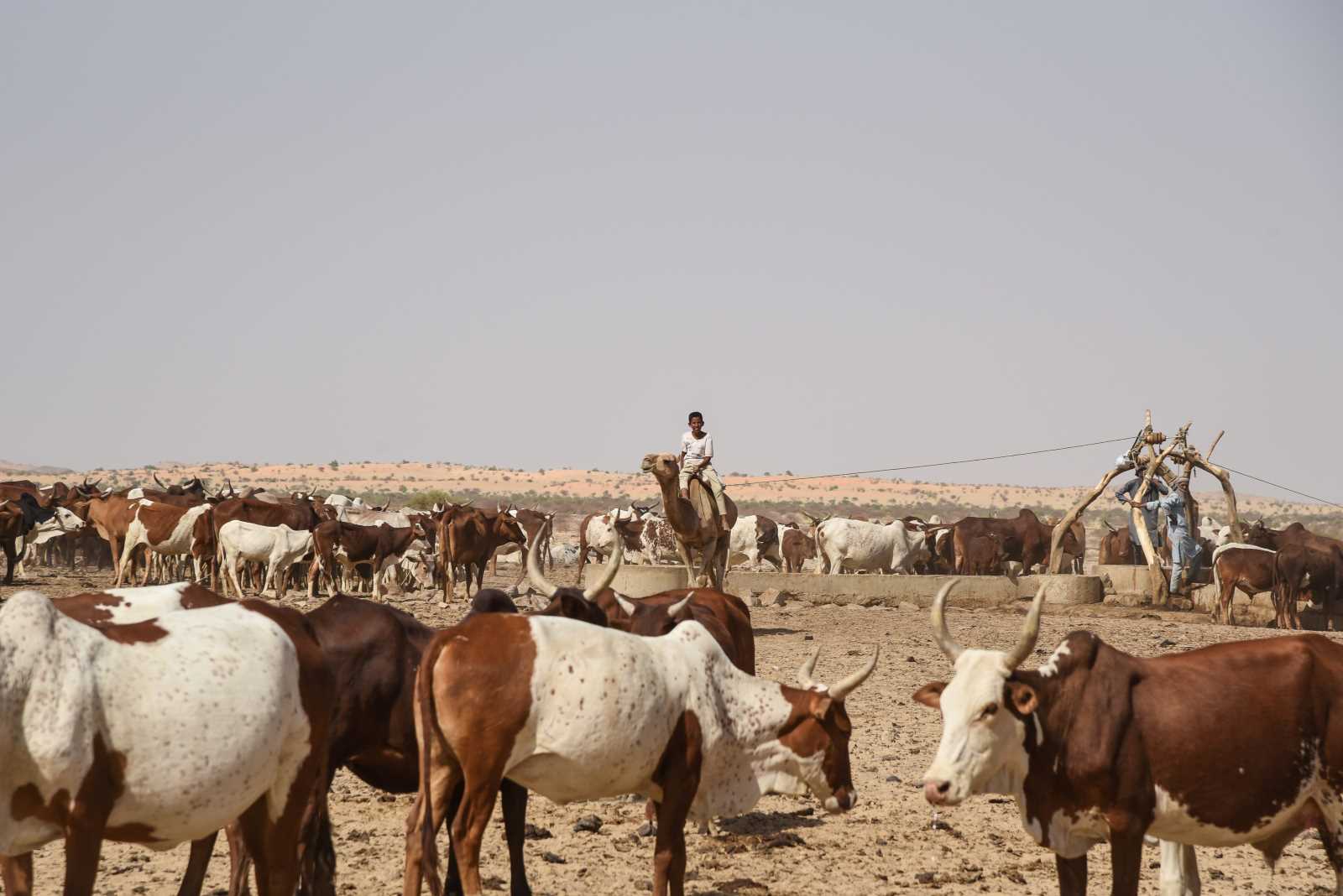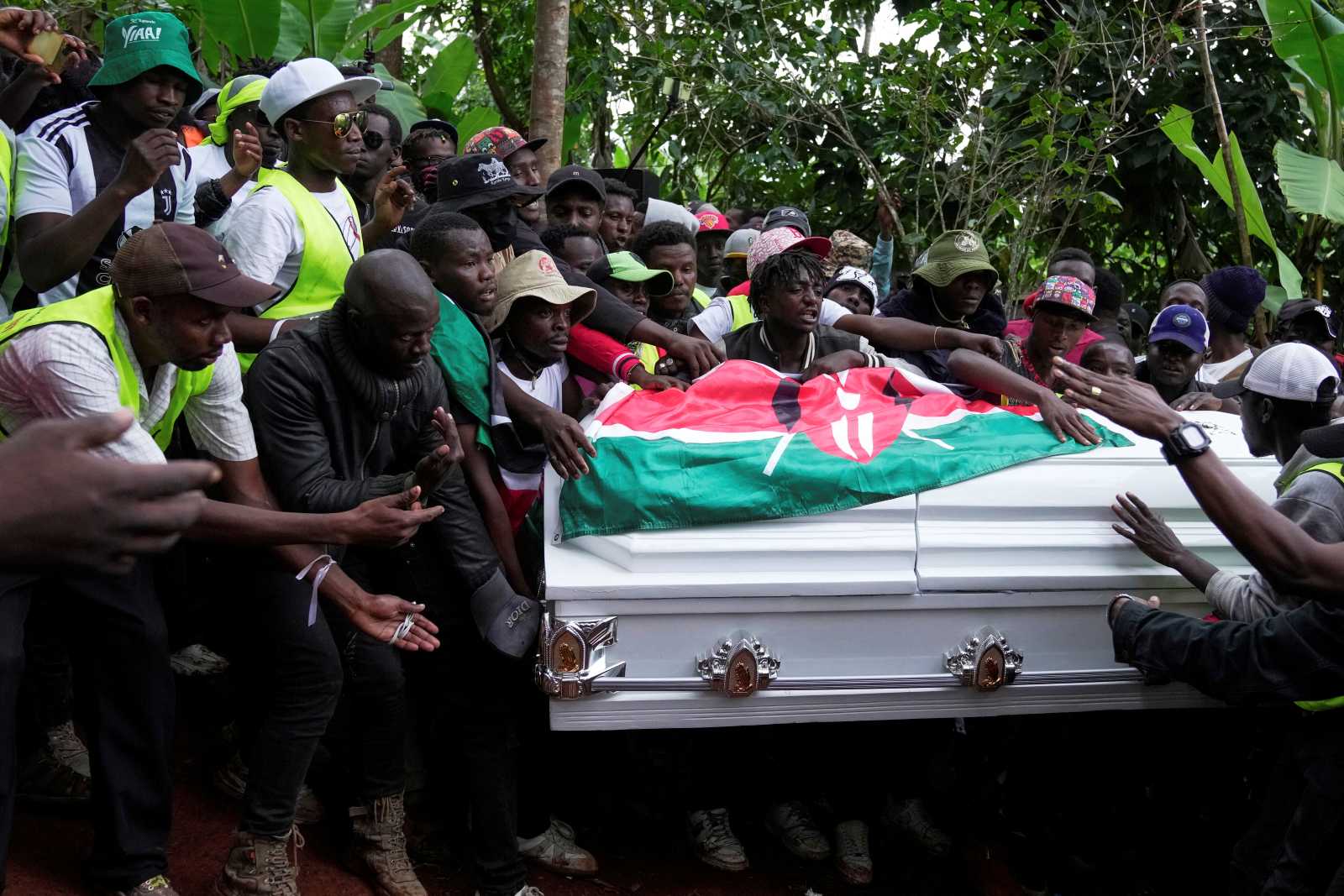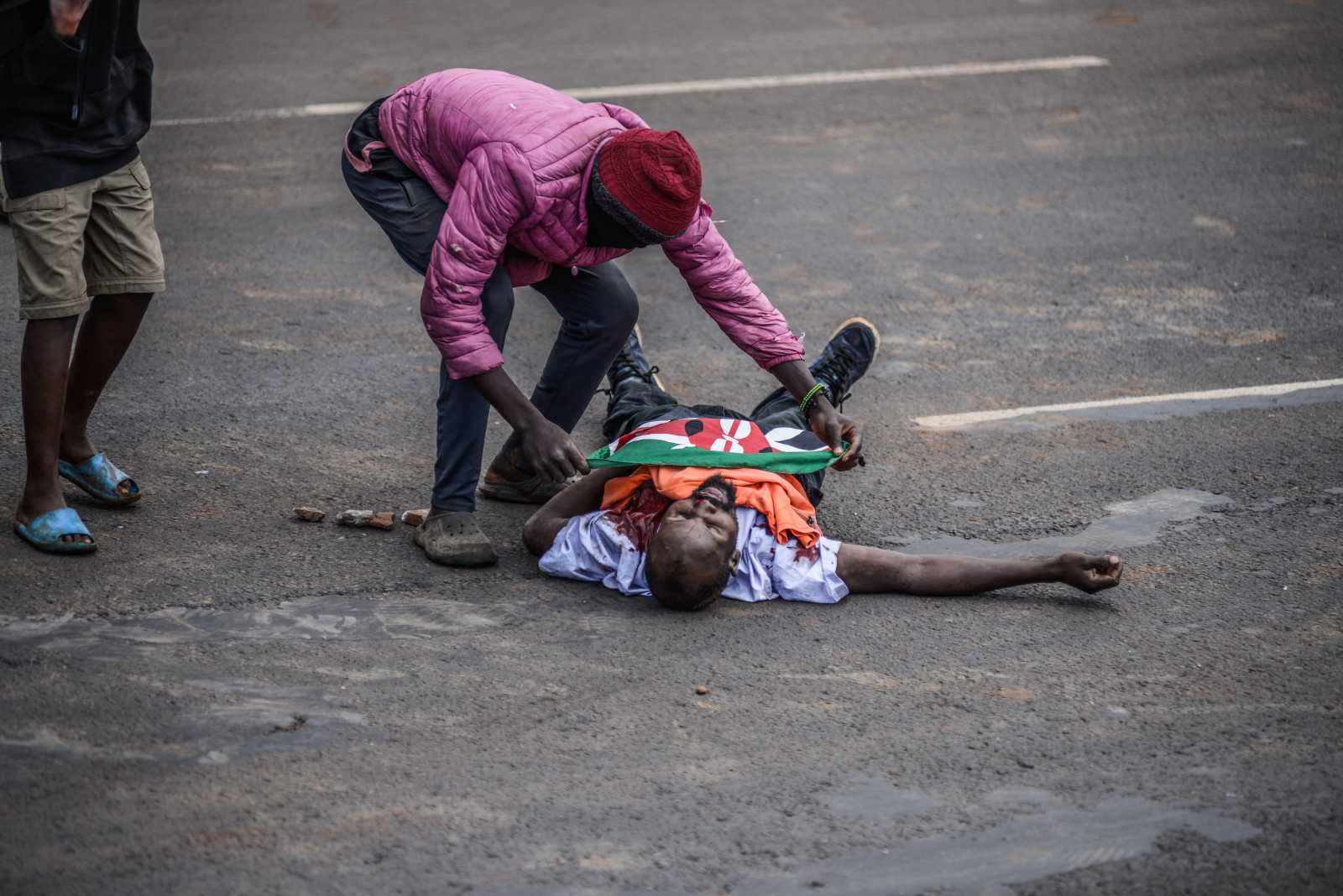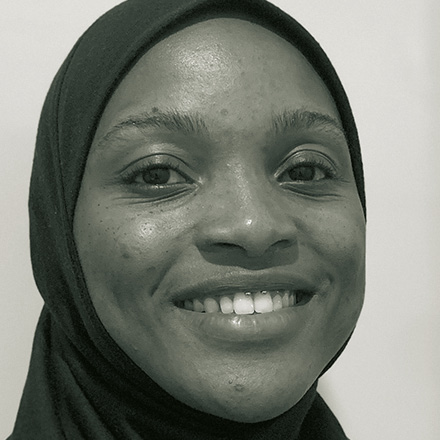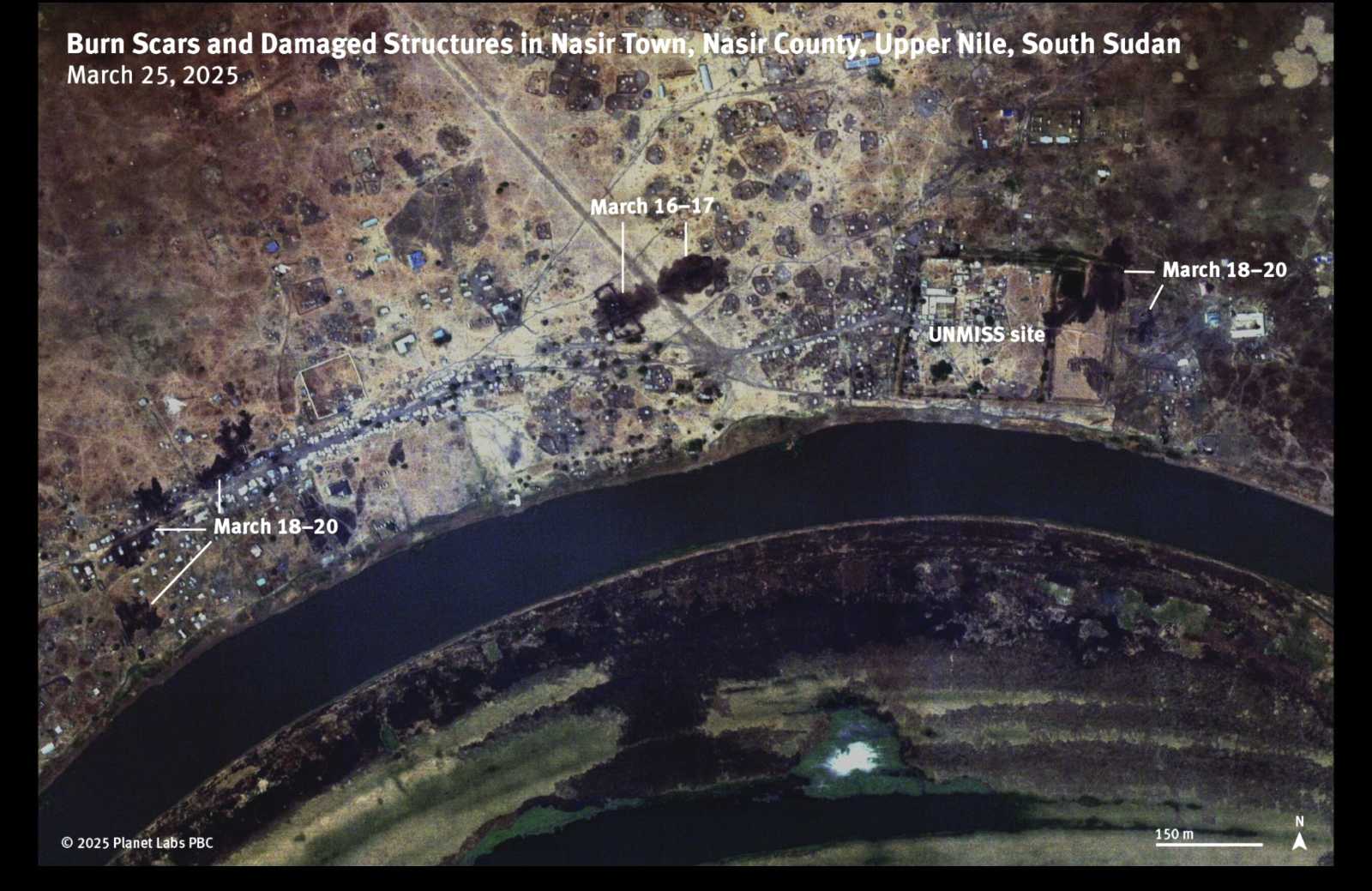Francophone Africa
France has a serious image problem in Africa
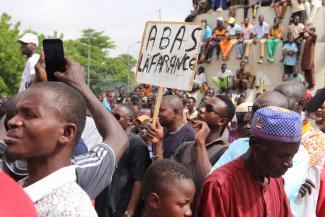
On the southern fringes of the Sahara and elsewhere on the continent, people increasingly consider France to be a diminished European power that keeps meddling in their nations’ affairs. Many Africans see France importing natural resources, cosying up to dubious leaders and sometimes intervening with massive military force.
Several military coups in francophone West Africa have shown that the French clout has weakened. Guinea, Mali, Burkina Faso and Niger are now ruled by generals who do not want to rely on France anymore.
In September, another military coup toppled the government of Gabon in Central Africa. This country is an interesting example of how shady deals with corrupt policymakers served French interests over decades. French multinationals such as TotalEnergies have been dominating Gabon’s oil sector for 50 years, while members of the Bongo family controlled the government. Omar Bongo was president for four decades, and his son Ali Bongo Ondimba was recently deposed after declaring himself the winner of a deeply flawed election.
Before his death, Bongo Sr., who had a reputation of scandal, publicly declared that he had financially supported the election campaigns of French politicians because he did not want to “take any risks” and needed “friends, not foes”. He admitted to generally having given them “what they asked for”. This kind of information infuriates African people. They see their nation’s wealth being plundered by a coalition of their own leaders and their French “friends”.
Similar patterns are evident in Sahelian countries, from where France sources precious resources, including uranium from Niger. Many people believe that French troops are only deployed to ensure this business is not interrupted. Grassroots communities are deeply frustrated, not least because French promises to protect them from civil strife and terrorism did not come true. The security situation kept deteriorating, and French soldiers were perceived to be arrogant, aggressive and violent.
France is even accused of cooperating with insurgents. Social-media posts abound, blaming the former colonial power of cooperation with Islamist terrorists. They are certainly fake, but users hardly check facts and the platforms do very little content moderation.
Years ago, President Emmanuel Macron promised to end “Françafrique” as the long-standing continued influence of Paris in former colonies south of the Mediterranean is called. His attempt to reset relations has failed, however. He is seen as a condescending and arrogant leader – which, by the way, is how many French citizens perceive him too. The brutal way French police cracked down on anti-racism protests in Paris this summer felt all too familiar to the citizens of Francophone countries. Macron’s neo-colonial attitude rankles, for example, when he tells leaders from the Economic Community of West African States (ECOWAS) what to do.
Anti-French feelings were expressed loud and clear in Niger in July, when the military took over. An angry demonstrator declared: “The British and the Portuguese left Africa many decades ago. What are the French still doing here?” Another one said: “France is no longer in a position to manipulate our corrupt leaders and keep them in power against the will of the people.”
The hope that cooperation with China, Russia or the Gulf States might serve African people better is quite common. Many see Russian President Vladimir Putin as a strong man who wants to support Africa’s escape from postcolonial domination. The people concerned largely ignore:
- how repressive Putin’s regime is at home,
- that it is waging an imperialist war in Ukraine and
- that Russian mercenaries in Africa have a pattern of corrupt and violent resource exploitation which is probably worse than what French companies are accused of.
As a matter of fact, the security situation has not improved in Mali. That the new regime turned to support from Wagner, the Russian military service provider, instead of further relying on French troops, did not help.
So far, anti-French feelings in francophone Africa do not seem to tinge people’s views of other European countries or the USA, which also has a long-standing military deployment in Niger. France, however, increasingly seems to be a liability.
Karim Okanla is a media scholar and freelance author based in Benin.
karimokanla@yahoo.com
